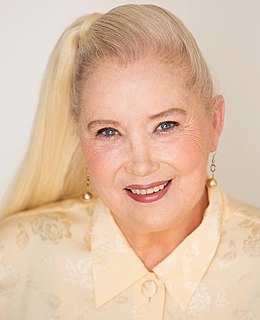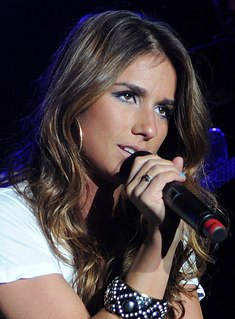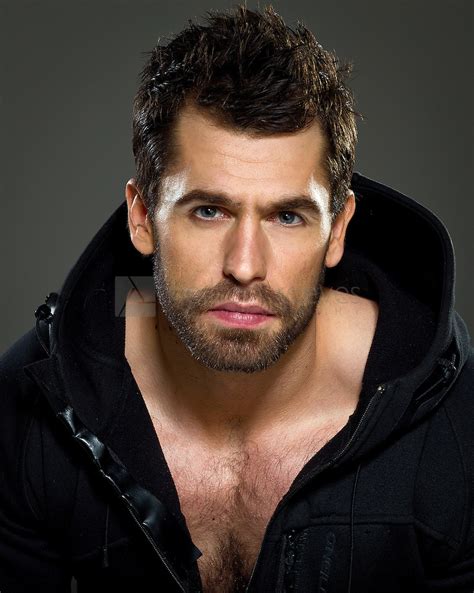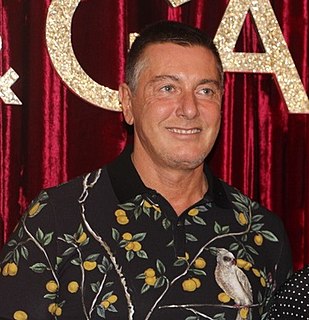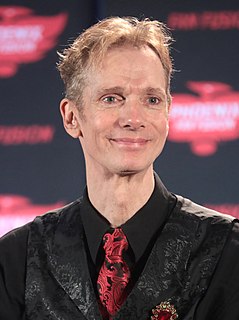A Quote by George C. Wolfe
Each actor, every single time you work with an actor, you have to come up with the language that's going to serve them. And that's what allows them to give the performance that you want to nurture inside of them and what you think they're capable of giving.
Related Quotes
I think directors can be a little insensitive to how vulnerable an actor is, when he's giving a performance. Part of the job of an actor is to invite scrutiny, but with that, the people around them have to nurture that and put them in an environment where they feel safe and they feel like they can risk something.
When I come up against a director who has a concept that I don't agree with, or maybe I just haven't thought of it or whatever, I'd be more prone to go with them than my own because I want to be out of control as an actor, I want them to have the control, otherwise it's going to become predictably my work, and that's not fun.
You can say something that can really help and actor and you can say something that can really get in the way of an actor's performance, kind of cut them off from their instincts and really get into their heads. And every actor's different. Every actor requires something different. Being an actor, for me, was the greatest training to be a writer and director.
The first thing I do when I come to work, I say hello to my dogs and give them one biscuit each. The butler takes them out to the park and drops them off at the office, so they are there waiting for me. They are very popular in the studio. They play all the time. They run around, up and down, left and right.
Fundamentally, as human beings, we're very, very alike and a lot more alike than we think, but we have a tendency to divide the world into them and us. In prison, when people commit a crime and we put them away, they definitely become "them." We don't want to deal with it because they have chosen to step out of society, so we're going to keep them out. Even if they serve their time, we're going to make sure that, for the rest of their lives, they're going to be branded. I don't know how to do it in a different way, but I think it clearly doesn't work.




